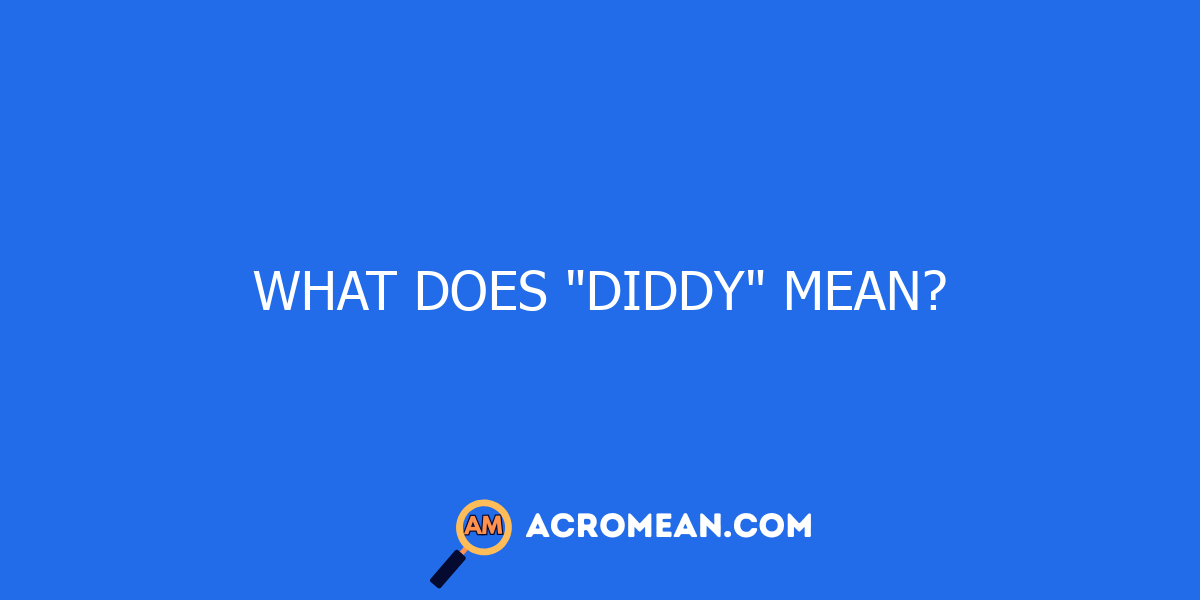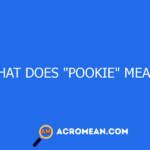The term “diddy” has several distinct meanings, each with its own context and usage.
A Short, Simple Song or Tune
- Diddy often refers to a short, simple song or tune. This usage is common in phrases like “a little ditty,” which can describe a light-hearted or frivolous musical piece.
A Prop-Word or Informal Term
- In informal contexts, diddy can be used as a prop-word, similar to “thing” or “one.” For example, “I drew a portrait of this little diddy” might imply that the portrait is not taken too seriously or is done in a playful manner.
Historical and Regional Uses
- The term diddy has historical roots, with its earliest known use dating back to the late 1700s. It is a variant or alteration of other lexical items, as noted in Francis Grose’s dictionary from 1788.
Specific Contexts and Idioms
In Music and Art
- Diddy can be used to describe a performance, tune, dance, or artwork that is light-hearted or frivolous. For instance, John Cougar Mellencamp’s song “Jack and Diane” includes the line “A little ditty ’bout Jack and Diane,” highlighting its use in music.
In Slang and Colloquialisms
- In some regions, particularly in the UK and Ireland, diddy can have different slang meanings. It can refer to a woman’s breast, a fool, or something very small and tiny.
Modern Slang: “No Diddy”
- In recent slang, “No Diddy” has emerged as a term to replace “No Homo,” used to clarify that a statement is not intended to have any homosexual meaning. This term originated from controversies surrounding Sean “P Diddy” Combs.
Etymology and Pronunciation
Origins
- The term diddy is an alteration of other words, with its earliest recorded use in the late 1700s. It has evolved over time and has been included in various dictionaries since then.
Pronunciation
- Diddy is pronounced as /ˈdɪdi/ (DID-ee) in both British and U.S. English.
Usage and Frequency
Frequency in Language
- Diddy is not a commonly used word in modern written English, with fewer than 0.01 occurrences per million words.
Creative and Playful Use
- Native English speakers often use diddy and other prop-words in a playful or creative manner to add modifiers, determiners, or articles to their speech. This makes the language more engaging and context-dependent.
By understanding these various meanings and contexts, you can better navigate the diverse uses of the term diddy in everyday language and cultural references.



